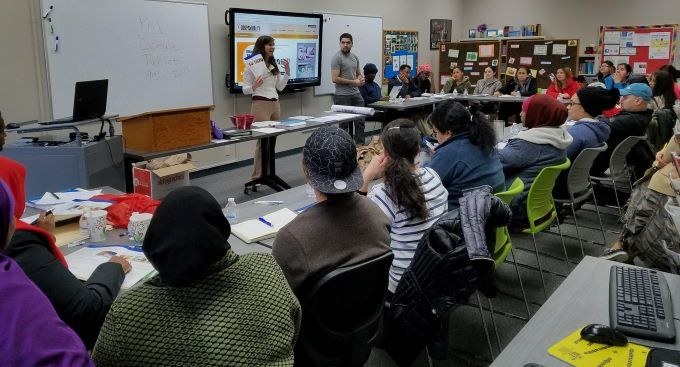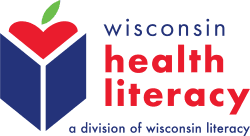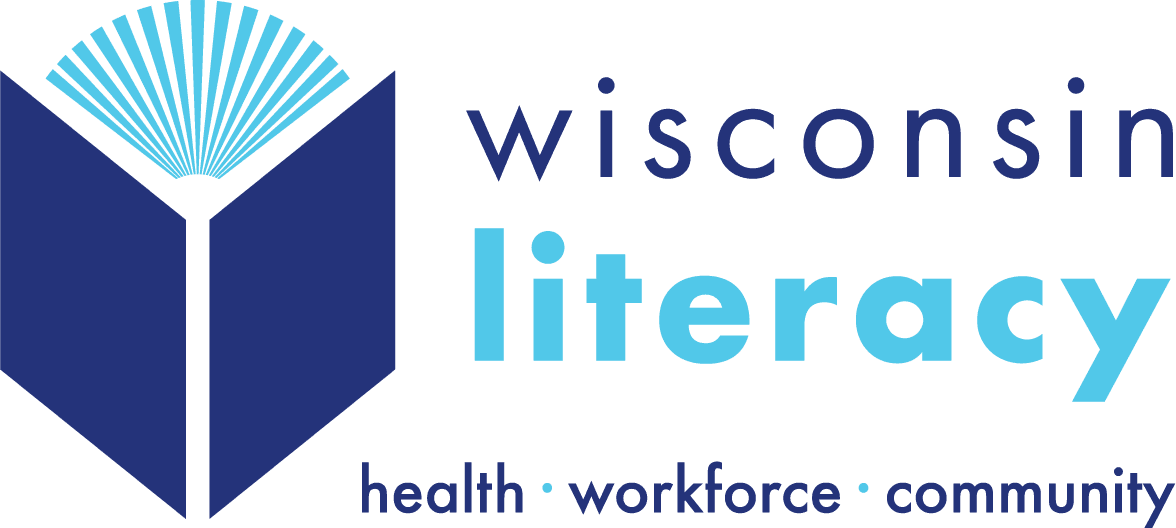Let's Talk About Pain Medicines

Prescription pain medicines can be just as addictive as heroin and the epidemic is affecting people of all races, ages and gender. Most kids who use heroin started using opioid medicines they found at home.
Wisconsin Health Literacy (WHL) seeks to be part of the solution. WHL developed a project called, Let’s Talk About Pain Medicines, a 90-minute interactive workshop to help adults throughout Wisconsin learn how to more safely and effectively use prescription pain medicines.
Information included:
- information on the history of opioids
- the opioid crisis
- more on the use of naloxone
- signs of an overdose
WHL is partnering with community organizations across the state to deliver workshops on the following topics:
- The differences between prescription opioids and other pain medicines
- Safe storage of opioid pain medicine to help prevent others from finding and using them
- What to do with unused opioid pain medicines (i.e.: where and how to get rid of them when no longer needed so they are out of the home)
- Understanding of label directions (when and how long to take the medicine)
- Special instructions on warning labels
- Illegality of using others’ medications
- When to call the pharmacist or provider
- History of opioids and the opioid crisis
- Use of naloxone and signs of opioid overdose
Each participant will receive an easy-to-understand lesson booklet, provided in English and Spanish. In addition, participants will receive a drug deactivation kit and other informational materials, including 4 fact sheets on:
- How are prescription opioids and other pain medicines different?
- How to keep opioids safe and how to get rid of unused medicines
- What can go wrong when you use opioid medicines?
- Opioid resources: treatment, recovery and community resources
If you are interested in learning more about this project, please contact us at healthliteracy@wisconsinliteracy.org.
The project is supported with generous funding from Security Health Plan, Wisconsin Department of Health Services Minority Health Program and Wisconsin Medical Society Foundation.
WHL was honored to partner with the University of Wisconsin – School of Public Health and Medicine Community Health Engagement Project (CHEP) during this program. 3rd year med students assisted WHL on revisions, coordination, facilitation and data collection for this project.



